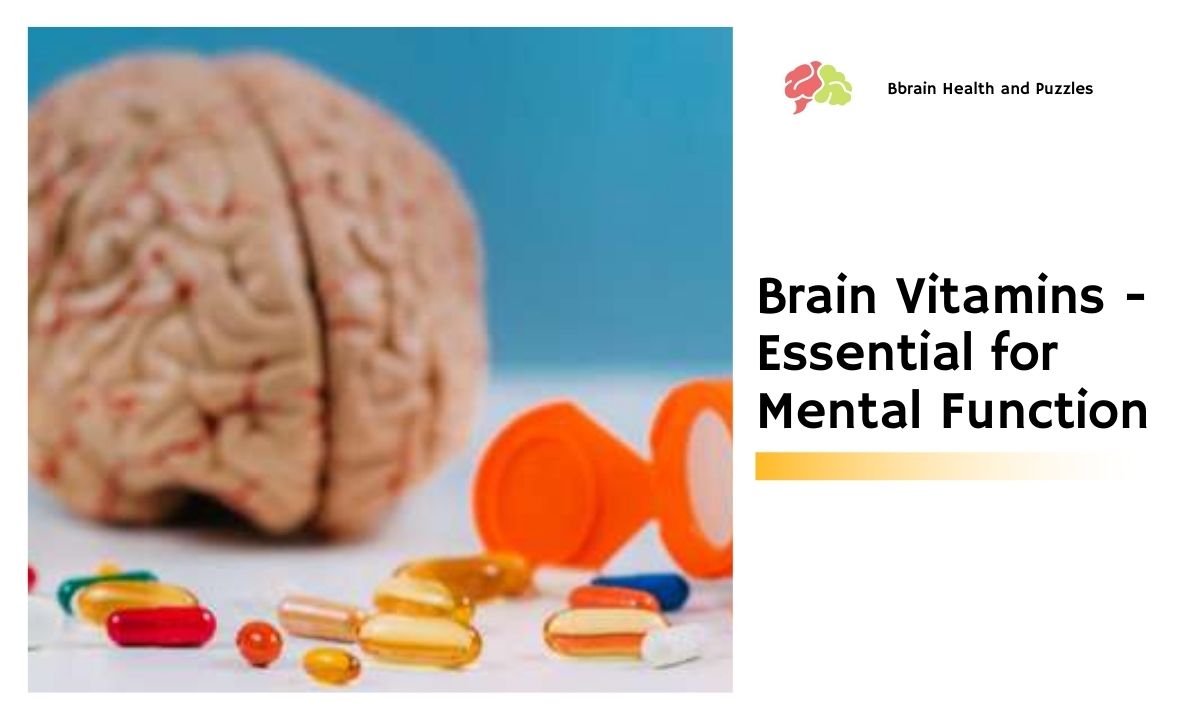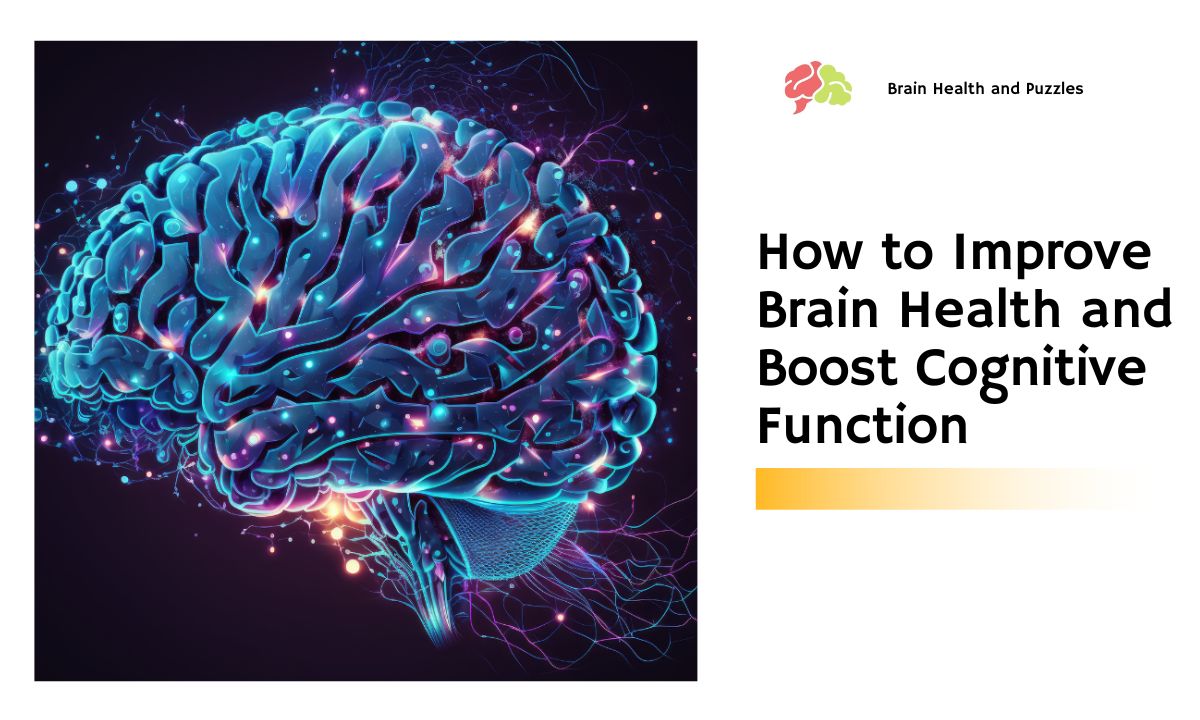Brain Vitamins – Essential for Mental Function

Your body and brain are like a car. If they do not have the essential components they can not work properly. In addition to general good nutrition, your brain needs certain vitamins to function properly. Brain vitamins are chemicals that your body can not produce on its own and has to get from the foods you eat. These are essential for survival as well as properly functioning memory, concentration, emotions, mood, and performing certain mental tasks.
Vitamin C and E The Anti-Oxidants
Vitamin C and Vitamin E are in a category of brain vitamins that are referred to as antioxidants. Antioxidants are known for their cell-protecting properties. These types of vitamins scavenge and fight off free radicals, which are reactive rogue molecules of oxygen that damage cell membranes and the DNA, which contains the cell’s basic operating instructions. This occurs as we age and free radicals can destroy brain cells, which can lead to memory loss and even dementia.
There is strong research that consuming regular amounts of vitamins C and E is linked to strong memories. In addition, there are studies that suggest taking supplements of vitamins C and E can prevent the risk of Alzheimer’s disease and slow the progression of memory loss. Vitamin E also promotes good blood circulation to the brain which helps maximize brain functioning. Vitamin C can be found in most fruits, vegetables, and plants that we eat. There are some animal sources for Vitamin C as well such as cow’s meat and cow’s milk. For an adult, 90 milligrams per day of vitamin C is recommended daily.
Food sources for vitamin E are vegetable oils such as palm oil, sunflower, corn, soybean, olive oil, nuts, sunflower seeds, sea buckthorn berries, kiwi fruit, wheat germ, and whole grains, fish, peanut butter, green leafy vegetables, and fortified breakfast cereals. The recommended daily dose is 15 milligrams a day for adults.
Vitamin D
Consuming or metabolizing the proper amount of vitamin D can help lift a “mind fog”. It can help you focus and concentrate better. Other than sunlight exposure, the body absorbs vitamin D from foods. There are no specific foods that contain adequate levels of Vitamin D and so there are fortified foods such as milk, soy milk, and cereal grains in which vitamin D has been added.
Vitamin B
Vitamin B helps is connected to memory and spatial memory. Spatial memory is the ability to copy rectangles, cubes, and other shapes. The following are good sources of vitamin B potatoes, bananas, lentils, chili peppers, tempeh, liver oil, liver, turkey, tuna, brewer’s yeast, molasses, Marmite, and vegemite. The recommended dose is 300 mg a day of the vitamin B complex.
There are a number of disorders associated with Vitamin B deficiencies. Thiamine deficiency can lead to neurodegeneration or the wasting away of the brain and nerves. The lack of sufficient levels of vitamin B 12 can lead to irreparable damage to the brain and the nervous system.
Choline is also in the vitamin B complex. This substance is found in the fats that make up cell membranes and in the neurotransmitter acetylcholine. Good food sources of Choline are egg yolks, soy, and cooked beef, chicken, veal, and turkey livers. People that suffer from Choline deficiency can experience neurological and mood difficulties.
Multi-Vitamins
You can also get these same brain vitamins for a good multivitamin. Be sure to look closely at the ingredients. Many multivitamins contain substances that you do not need. Just because it contains 100 different vitamins and minerals does not mean you need them. Do your research and look online for reviews from reputable sources to decide what vitamin pill would be best for you.



